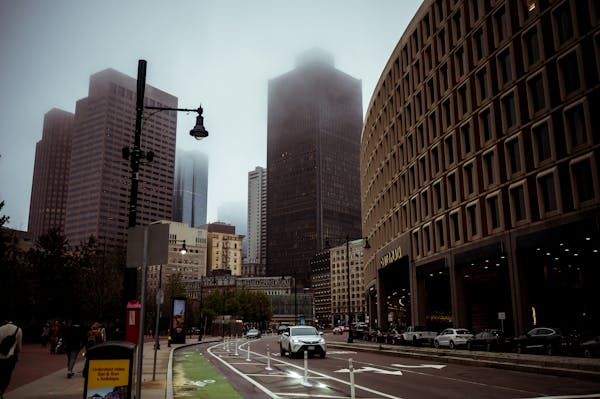Contexts of Modernism in Fiction, Poetry, and Drama: A Revolution in 20th-Century Literature
The Modernist movement in the early 20th century brought about a profound revolution in the world of literature. Spanning across fiction, poetry, and drama, Modernism marked a departure from traditional forms, an embrace of experimentation, and a response to the tumultuous social, political, and technological changes of the time. In this academic note, we explore the key contexts and features of Modernism in these three major literary domains.
1. Fiction:
Break from Realism: Modernist fiction signaled a break from the conventional realism of the 19th century. Writers such as James Joyce and Virginia Woolf employed fragmented narratives, stream-of-consciousness techniques, and non-linear storytelling.
Exploration of Interiority: Modernist fiction delved into the inner lives of characters, focusing on the subjective experiences and psychological complexities of individuals. Works like Woolf's "Mrs. Dalloway" and Joyce's "Ulysses" are prime examples.
Alienation and Dislocation: The characters in Modernist novels often experienced a sense of alienation, dislocation, and fragmentation, mirroring the disorienting effects of a rapidly changing world.
2. Poetry:
Free Verse and Imagism: Modernist poets, including T.S. Eliot and Ezra Pound, embraced free verse and imagist techniques. They sought to break free from traditional rhyme and meter, favoring concise, vivid, and imagistic language.
Fragmentation and Ambiguity: Modernist poetry frequently featured fragmented structures and ambiguity, mirroring the sense of uncertainty and complexity in the modern world.
Critique of Tradition: Modernist poets often engaged in a critique of literary tradition and societal norms. Eliot's "The Waste Land" is a notable example of a poem that reflects the disillusionment of the post-World War I era.
3. Drama:
Absurdism and Existentialism: In drama, Modernism witnessed the emergence of absurdist and existentialist themes. Playwrights like Samuel Beckett, in works like "Waiting for Godot," explored the existential despair and futility of human existence.
Breaking Theatrical Conventions: Modernist drama challenged conventional theatrical norms by employing non-linear narratives, minimalistic sets, and enigmatic characters.
Critique of Social and Political Structures: Modernist drama often critiqued social and political structures, reflecting the anxieties of a world marked by war, totalitarianism, and economic upheaval. Bertolt Brecht's epic theater and his "The Threepenny Opera" are illustrative of this tendency.
4. Contextual Factors:
World Wars: The trauma of World War I and World War II had a profound impact on Modernist literature, resulting in a collective sense of disillusionment, alienation, and the questioning of traditional values.
Technological Advances: Rapid technological changes, including the proliferation of mass media and the advent of the radio, influenced the fractured and disorienting quality of Modernist works.
Psychological Theories: The growth of psychoanalysis, as championed by Sigmund Freud, influenced Modernist writers' exploration of the human psyche and its complexities.
5. Enduring Legacy:
Modernism left an enduring legacy in literature, challenging traditional forms and inviting innovation, experimentation, and a deeper exploration of human consciousness and the complexities of the modern world.
In conclusion, Modernism in fiction, poetry, and drama marked a significant departure from traditional literary forms. It was a reflection of the shifting cultural, social, and political contexts of the early 20th century, challenging the very foundations of literature and paving the way for further experimentation and innovation in the realm of artistic expression.
